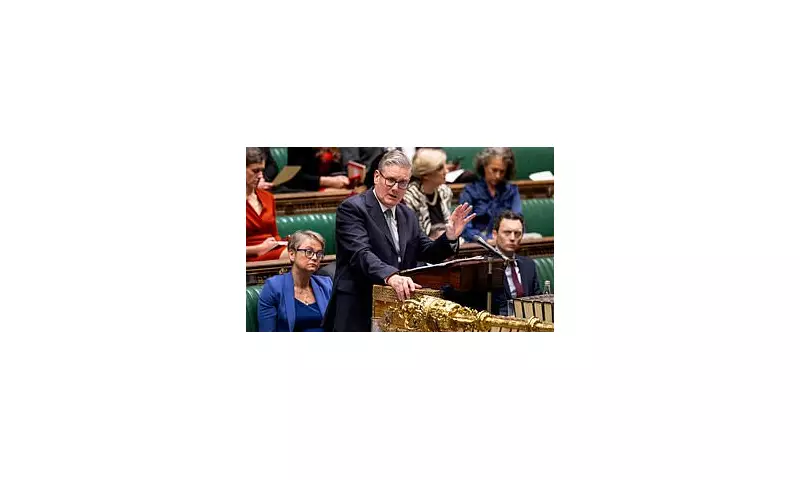
In the high-stakes arena of international diplomacy, Sir Keir Starmer appears to have navigated a political minefield that ensnared his predecessor, Boris Johnson. While the former Prime Minister found himself embroiled in controversy over his handling of China relations, the Labour leader has managed to steer clear of similar diplomatic pitfalls.
The Johnson Controversy: A Diplomatic Storm
Boris Johnson's tenure was marked by a significant diplomatic incident that continues to reverberate through Westminster. The former Prime Minister faced severe criticism for his approach to China, particularly what critics labelled as misleading statements that strained international relations and damaged Britain's credibility on the world stage.
According to political observers, Johnson's handling of sensitive China matters created a diplomatic crisis that required extensive damage control. "He was essentially hauled over the coals for what should have been a straightforward piece of political business," noted one Whitehall insider, referencing the ongoing fallout from the controversy.
Starmer's Cautious Approach
Meanwhile, Keir Starmer has adopted a markedly different strategy. The Labour leader has carefully positioned himself to avoid the same traps that entangled his Conservative counterpart. His approach reflects a more measured, transparent method of dealing with complex international relationships, particularly the delicate balancing act required when addressing China's growing global influence.
Political analyst Dan Hodges observes that "Starmer has demonstrated a political deftness that eluded Johnson during critical diplomatic moments. Where the former PM walked into controversy, the Labour leader has stepped carefully around potential pitfalls."
A Lesson in Political Navigation
The contrasting approaches highlight fundamental differences in political style and diplomatic acumen. Starmer's method appears rooted in cautious precision, while Johnson's more flamboyant style ultimately led to international embarrassment and political damage.
This divergence becomes particularly significant as Britain continues to redefine its global position post-Brexit. The ability to manage relationships with superpowers like China represents a critical test of leadership that could determine Britain's standing in the new world order.
The Ongoing Fallout
The consequences of Johnson's diplomatic missteps continue to affect Conservative fortunes, while Starmer's careful navigation has positioned Labour as a potentially more reliable steward of Britain's international relationships. As one senior diplomat noted: "In today's complex geopolitical landscape, words matter more than ever. How leaders communicate with and about global powers can have lasting consequences for national interests."
With China remaining a pivotal relationship for Britain's economic and security interests, the approach taken by political leaders will continue to face intense scrutiny from allies, adversaries, and the British public alike.





